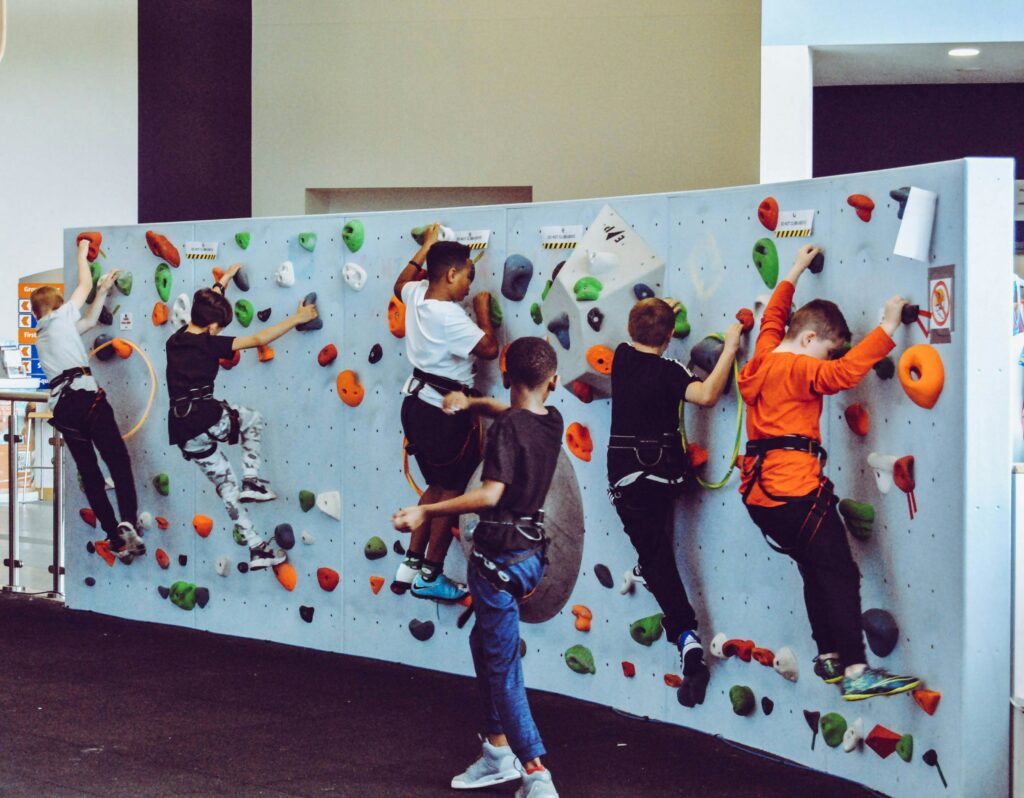Studying at an international school in Thailand involves a curriculum known for academic excellence, taught in a setting that genuinely celebrates cultural differences.
Here, education isn’t confined to textbooks. Daily interactions with classmates and educators from diverse backgrounds spark an international awareness that is difficult to find in schools with less variety.
This lively atmosphere pushes students to tackle challenges from fresh perspectives, fostering critical thinking and adaptability—skills that are essential in our interconnected era.
Exposure to different cultural insights can boost classroom discussions and equip young people with stronger interpersonal and communication abilities for life beyond the school gates.
Through group projects, global exchange programmes, and events that honour multiculturalism, pupils develop a worldwide outlook that will serve them well in higher education and future careers.
Cultural Immersion and Global Mindset
A culturally diverse student and faculty community enriches the academic environment while instilling core values such as empathy, respect, and understanding—keys to thriving in a global setting.
Regular exchanges with classmates from different backgrounds challenge assumptions, boosting cultural awareness and naturally fostering an open-minded outlook.
Close connections with people worldwide encourage pupils to notice, embrace, and integrate a variety of perspectives into their own views.
In addition, encountering different languages and accents sharpens communication skills, readying students for the linguistic requirements of our increasingly connected landscape.
These dynamic cultural experiences create a strong footing for global citizenship, giving learners the practical abilities and social insight to succeed in a variety of international situations.
Academic Rigour and Worldwide Recognition
International programmes like the International Baccalaureate (IB) and British A-Levels give students globally respected credentials, opening up opportunities with top universities and employers. They build a solid academic foundation, ensuring graduates have a well-rounded knowledge base that stands out on applications across the globe.
In addition, learners usually develop a confident level of English, which greatly enhances their attractiveness for advanced studies and international job options. This language strength, paired with qualifications that are recognised worldwide, allows students to move between different education systems without fuss, making life easier for those who choose to continue their studies in another country.
Personal Development and Life Skills
International schools develop adaptability by placing students in diverse cultural settings. Spending time alongside peers and educators from various backgrounds boosts flexibility when facing unfamiliar situations and also prepares students for future academic and professional changes.
Regular interaction with a range of perspectives encourages critical thinking, as pupils learn to evaluate fresh viewpoints and embrace creative methods of problem-solving.
These schools also place strong importance on resilience and self-discipline. The rigorous studies and culturally rich atmosphere inspire inner strength, enabling learners to overcome obstacles and remain focused under pressure.
This blend of adaptability, resilience, and critical thinking lays a strong foundation for personal growth, helping individuals handle global challenges with confidence.
Extracurricular Opportunities and Campus Facilities
International schools frequently devote substantial resources to campus facilities, including advanced sports arenas, creative art studios, and well-equipped labs. These spaces help students build on their academic skills and dive into clubs, concerts, or interschool competitions.

A wide range of offerings—from team sports and local service initiatives to global-themed events—gives young people a chance to discover fresh interests and form lasting connections. Smaller class sizes also allow teachers to adapt their methods, meaning each pupil receives support that encourages participation in out-of-class pursuits.
This blend of strong facilities, varied activities, and personal attention helps cultivate balanced growth, while also driving academic performance and boosting every student’s engagement beyond the classroom.
Potential Challenges to Consider
Tuition fees in Thailand’s international schools tend to be much higher than those of nearby local institutions, especially once you add costs for uniforms, clubs, tests, and other extras. These charges can cause real financial stress for families who are accustomed to more affordable public school options.
In addition, the strong focus on English usually takes centre stage, making it tougher for pupils to gain fluency in Thai if they don’t have extra language support. This may affect how easily they communicate beyond school grounds.
Another point is that an international-based environment can unintentionally reduce closer links with the surrounding community. With fewer chances to spend time with Thai classmates, young people may come away with a narrower view of local traditions and day-to-day life.
Essential Observations for Prospective Families
Prospective families should begin by checking whether a school’s academic strengths are paired with a culturally varied student body. This combination supports both scholarly success and an open mindset, reflecting Bangkok Prep’s modern approach to international education.
Examining the curriculum and teaching methods is equally important. They need to spark intellectual growth while helping pupils adapt and communicate effectively across cultures—traits that can serve your child well in the long run.
It’s also worth exploring the scope of extracurricular options and campus amenities. Opportunities in sports, the arts, technology, and community service encourage a balanced approach alongside traditional schoolwork.
Attending open days or speaking directly with teachers can provide invaluable insight into language support, cultural awareness, and how finances are set up. These personal discussions help you confirm that tuition costs, added fees, and other commitments match your family’s priorities and future aims for your child’s all-round development.

